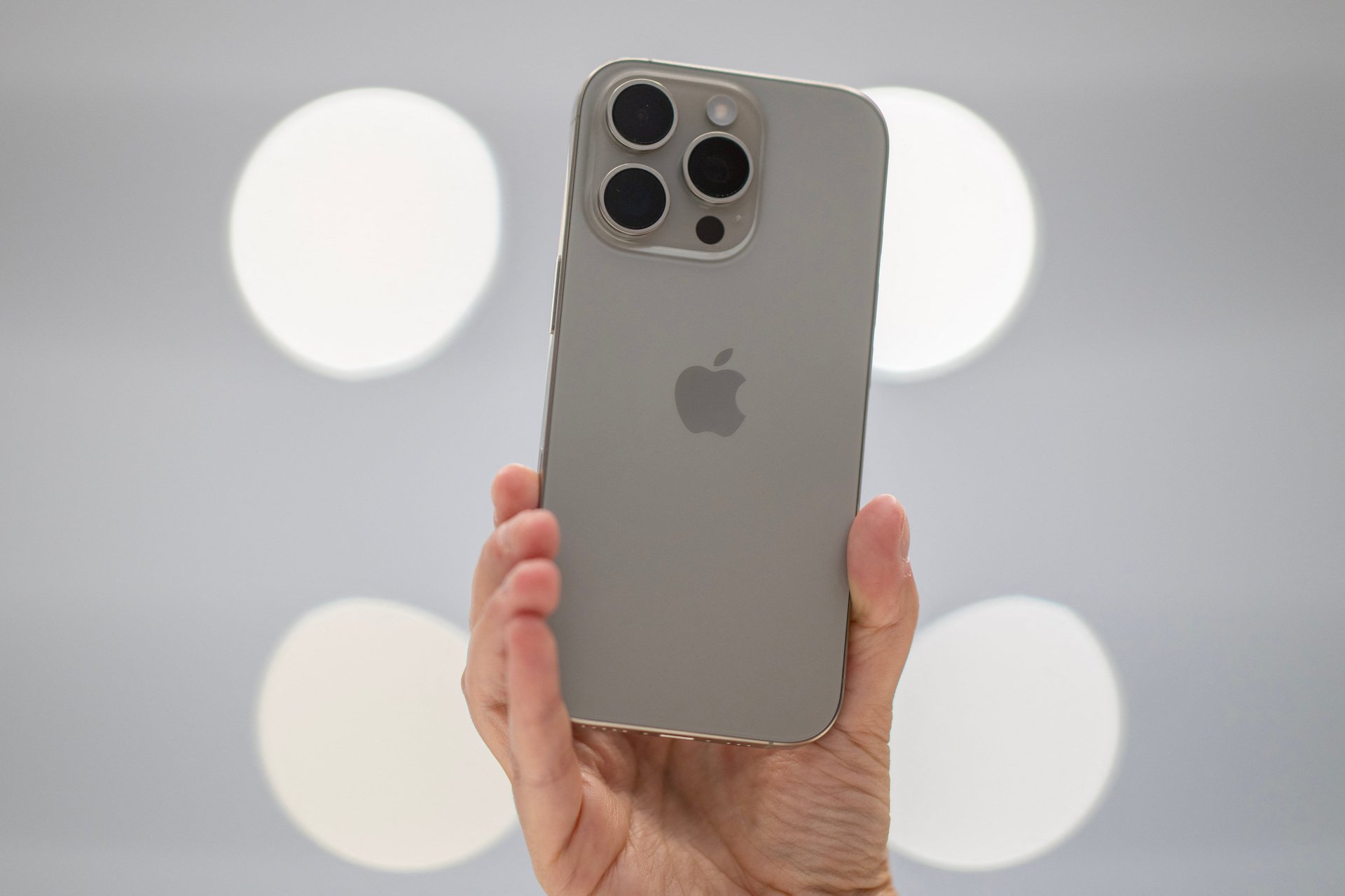Are Apple's new features enough to drive iPhone sales? Maybe not
While analysts are optimistic about an upgrade "super cycle," most consumers don't buy a phone for features

Analysts believe Apple’s (AAPL) artificial intelligence-capable iPhone 16 lineup will spark a new era of growth for the tech giant and its flagship smartphones. But most consumers aren’t buying a new iPhone just for the latest specs.
Suggested Reading
Just 18% of consumers buy a new iPhone to get their hands on new features — whether those might be a better camera, faster processing, or a brighter display, according to a Consumer Intelligence Research Partners (CIRP) survey released last week. Meanwhile, a majority of iPhone users upgrade their smartphones once they become obsolete, or are stolen or damaged.
Related Content
“Needless to say, as always we’ll see a rush of buyers for the new iPhone lineup,” the CIRP reported noted. “The number that are drawn by the upgraded features may be the minority, however.”
That could create a headache for Apple, which is hoping to drive an upgrade cycle with a swath of new features, including faster chips, new buttons, and an operating software designed to support its new generative AI initiative, Apple Intelligence.
Given the high processing power needed to run Apple Intelligence, fewer than 10% of current iPhone users would be able to upgrade their devices to use the new AI features, according to Bloomberg. Apple Intelligence will only be available on iPhone 15 Pro models and higher.
Wedbush analysts led by Dan Ives said in a research note Monday that this could be Apple’s most successful iPhone launch ever. With the introduction of Apple Intelligence, Apple could kick off the “biggest upgrade cycle in its history,” including growth in China, where sales have lagged.
According to Wedbush estimates, Apple could sell upwards of 240 million iPhones worldwide in the next fiscal year thanks to this AI-driven upgrade cycle. Roughly 300 million iPhones have not been upgraded in more than four years.
Apple reported sales of almost $86 billion for the quarter ended June 29, up 5% from a year earlier and topping Wall Street estimates. But the company continues to face growing competition in China, including from Chinese smartphone maker Huawei, which has been a drag on its sales. Ives has said Apple Intelligence and the iPhone 16 could help breathe new life into its China business.
For many consumers, the price of the iPhone 16 may also be right. Apple didn’t raise the price of its flagship Pro models, keeping them at $999 for the Pro and $1,199 for the Pro Max — the same price as its iPhone 15 Pro lineup. Ives believes this may be part of an effort not to drive away buyers that are considering making the switch.
Morningstar (MORN) equity analyst William Kerwin said Apple Intelligence — including the iPhone 16 and subsequent models — could help drive a “multi-year growth cycle,” even for people who may not be the first to line up outside of the Apple store on Sept. 20.
“There will be consumers, in our view, that might not upgrade in that first year,” Kerwin said, “but then as you get word around, and as Apple adds more features and functionality to Apple Intelligence... it should drive a multi year upgrade cycle.”
In fact, a Morgan Stanley (MS) survey carried out by AlphaWise found that 60% of iPhone users who plan to upgrade within the next 12 months say Apple Intelligence is important to their decision.
Early AI features will launch as a software update in beta in October, with more features rolling out in the following months. But Morningstar’s Kerwin said the slower, more staggered rollout won’t reflect negatively on Apple or Apple Intelligence.
“It just shows Apple is not going to put a product out until it is perfect in their eyes,” he said. “It’s more important for them to release a ‘perfect’ product versus a rushed product a month in advance, because once you put out a sub-quality product, that can create reputation issues.”